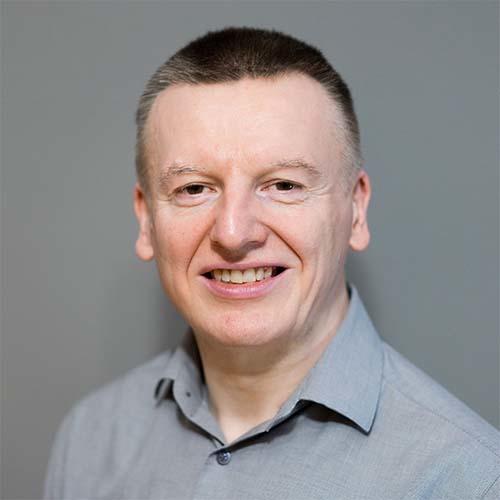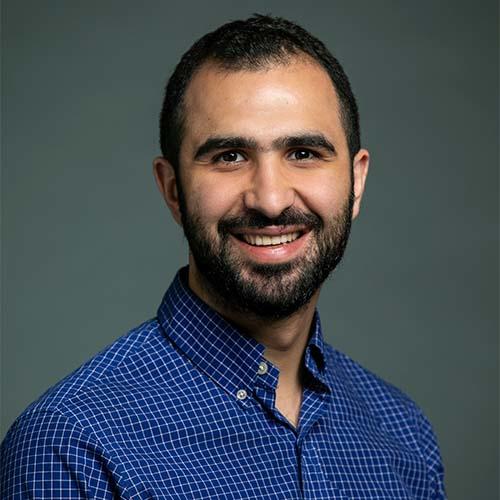The Center for Trusted, Accelerated, and Secure Computing and Communication (C-TASC) is a multidisciplinary research center with overarching research spanning the cybersecurity, hardware security, accelerated computing, and machine learning domains.
Our researchers make chips produced in other countries safer and develop new technologies that implement machine learning algorithms faster and use significantly less power. We develop novel brain-inspired and quantum-based computing systems. We make future microprocessors resistant to sophisticated attacks and support the development of new cryptographic standards.
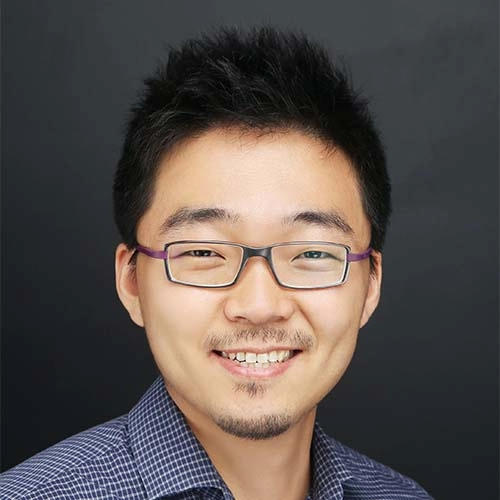
Ethan Ahn, Associate Professor
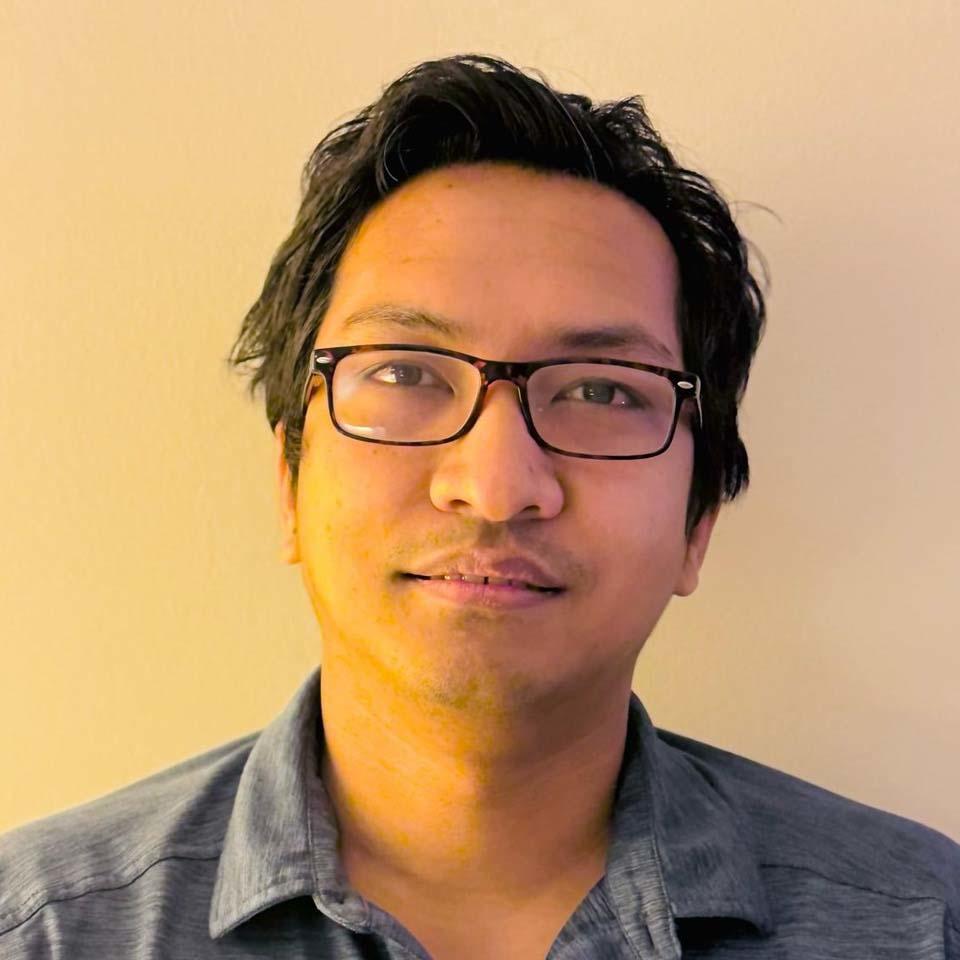
Anomadarshi Barua, Assistant Professor
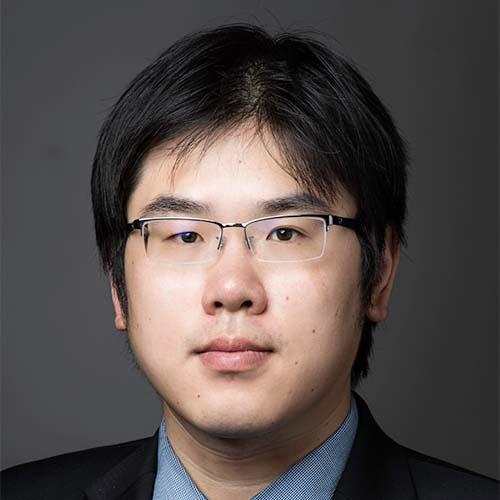
Xiang Chen, Associate Professor
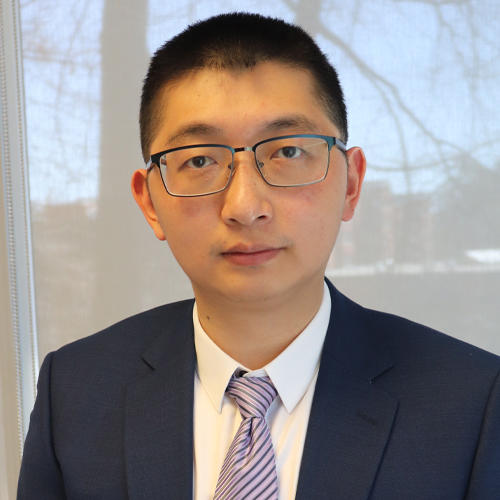
Weiwen Jiang, Tenure-track Assistant Professor
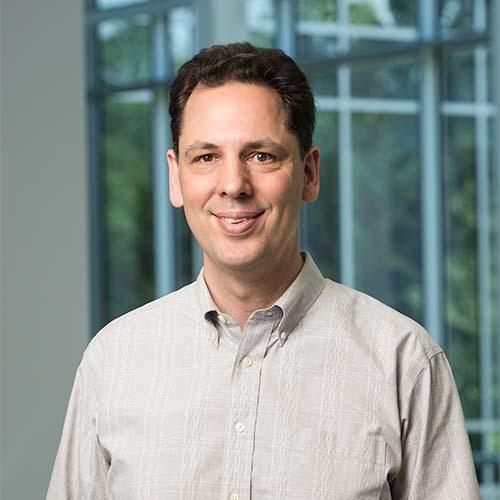
Jens-Peter Kaps, Associate Professor
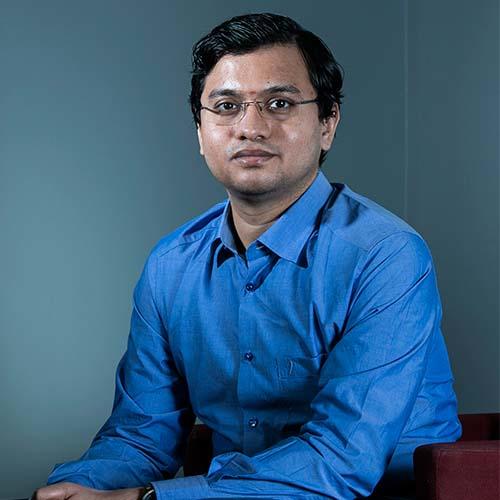
Sai Manoj, Assistant Professor
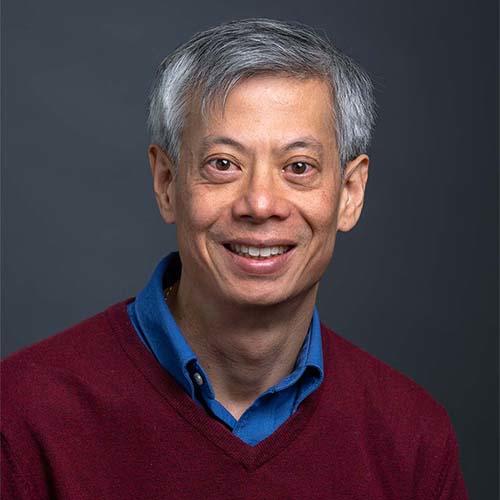
Brian Mark, Professor
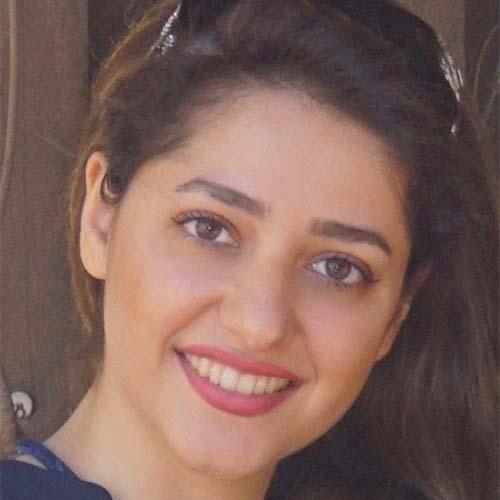
Maryam Parsa, Tenure-track Assistant Professor
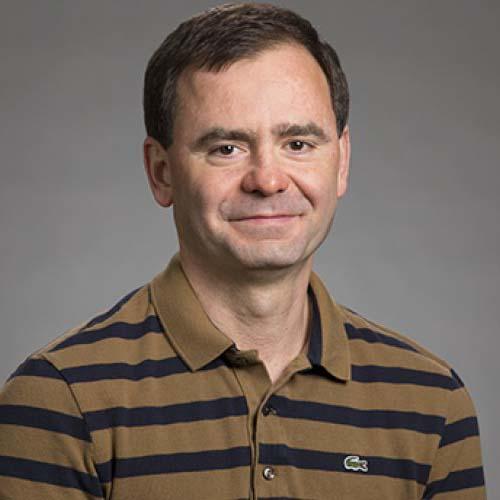
Tolga Soyata, Associate Professor
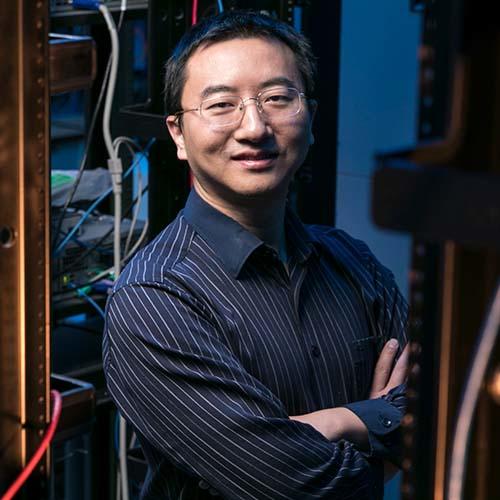
Kai Zeng, Professor
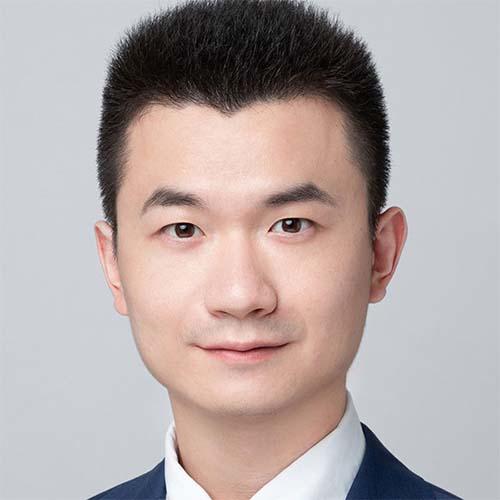
Xiaokuan Zhang, Tenure-track Assistant Professor
Our research in the news
- November 10, 2023
- August 23, 2023
- November 30, 2022
- August 15, 2022
- February 25, 2022
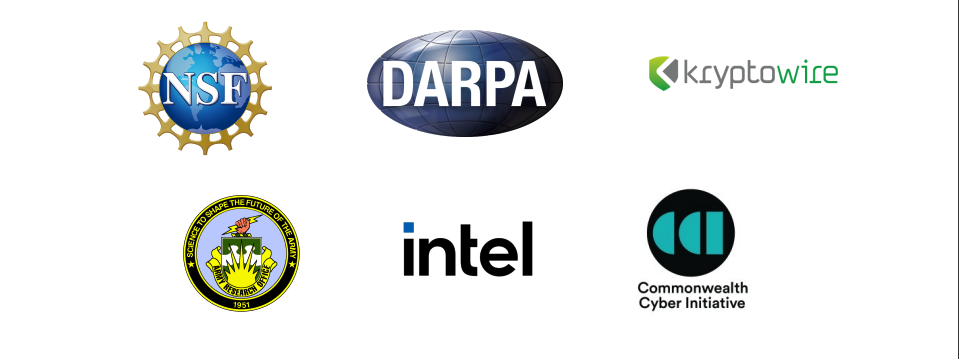
Corporate and Agency Sponsors
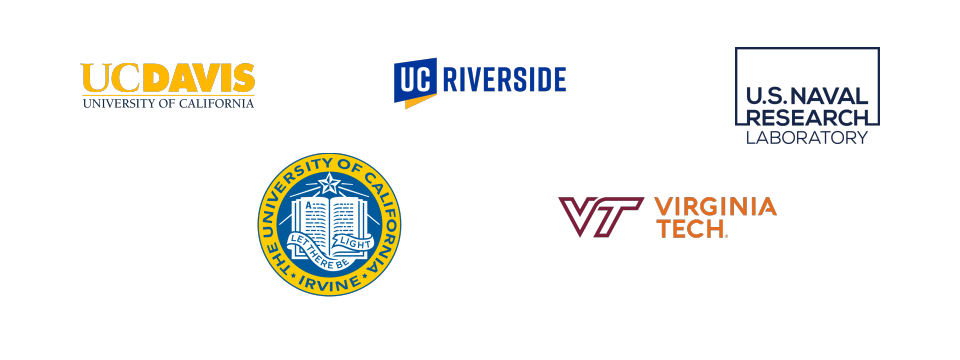
Collaborating Institutions
Labs
Join any of our eight labs and meet the faculty who lead them.
| Lab Name | Abbreviation | Directors |
|---|---|---|
| Computer Architecture, Machine Learning, and Security Lab | CAMLsec Lab | Khaled Khasawneh |
| Cryptographic Engineering Research Group | CERG | Kris Gaj and Jens-Peter Kaps |
| Hardware Security and Artificial Intelligence Lab | HArt Lab | Sai Manoj PD |
| Intelligence Fusion Lab | IF Lab | Xiang Chen |
| Quantum-Classical Computer-Aided Design Lab | JQub | Weiwen Jiang |
| Networks Lab | NetLab | Brian Mark |
| Parsa Research Lab | PRL | Maryam Parsa |
| Wireless Innovation and Cybersecurity Lab | WICL | Kai Zeng |
Hardware Security and Trust
- Trusted computing
- Trusted supply chain
- Secure logic design
Computing System Security
- Hardware support for system security
- Micro-architecture security
Communication and Network Security
- NextG security
- Spectrum sharing security and privacy
Internet of Things, Cyber-Physical Systems, and Edge Computing Systems
- Internet of Things security
- Cyber-physical systems design & security
- Mobile computing and security
Cryptographic Engineering
- Post-quantum cryptography (PQC)
- Lightweight cryptography (LWC)
- Side-channel analysis and countermeasures
Machine Learning and Intelligent Computing Architectures
- Design and optimization of machine learning accelerators
- Trustworthy machine learning
- ML applications in Cyber Security and Electronic Design Automation
- Distributed and Federated ML
Emerging Computing Architectures
- Non von Neumann computing
- Neuromorphic computing
- Quantum computing

